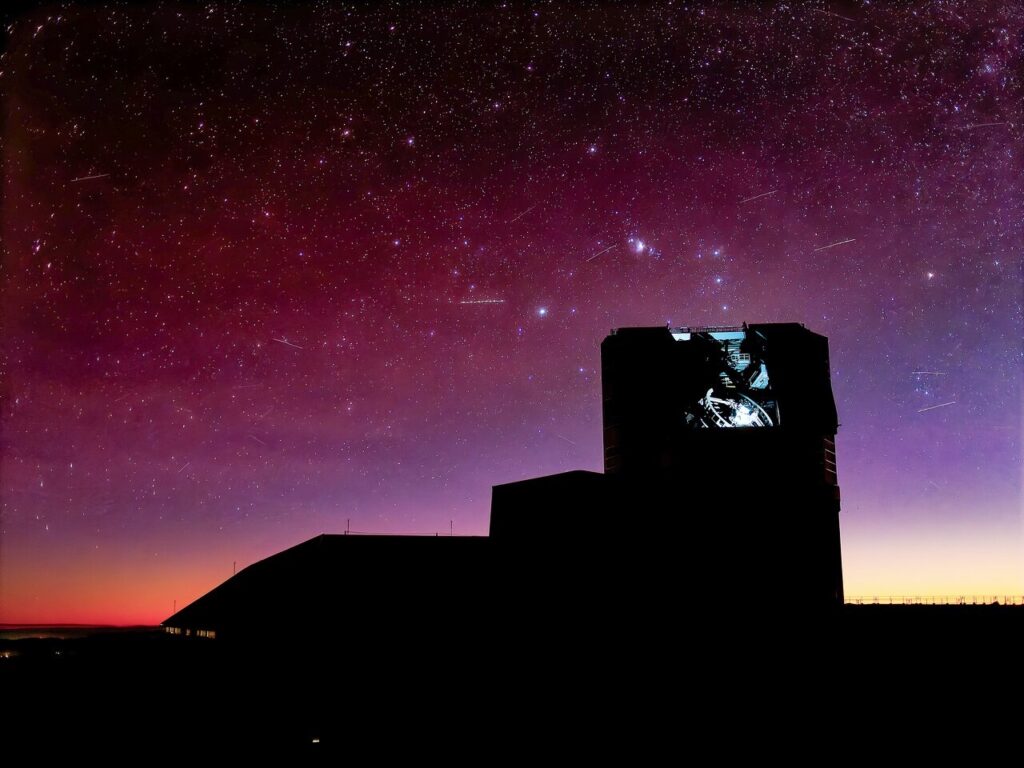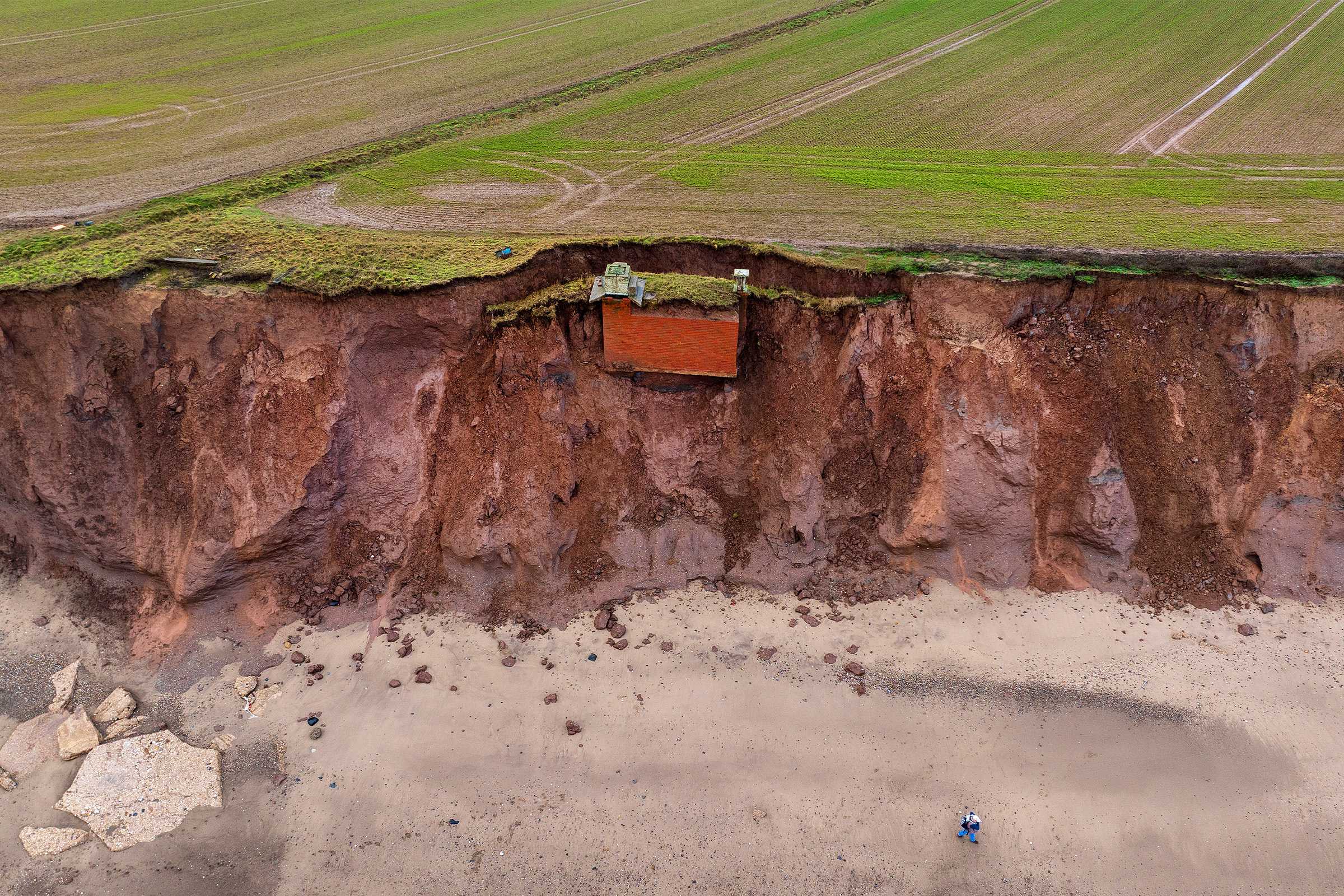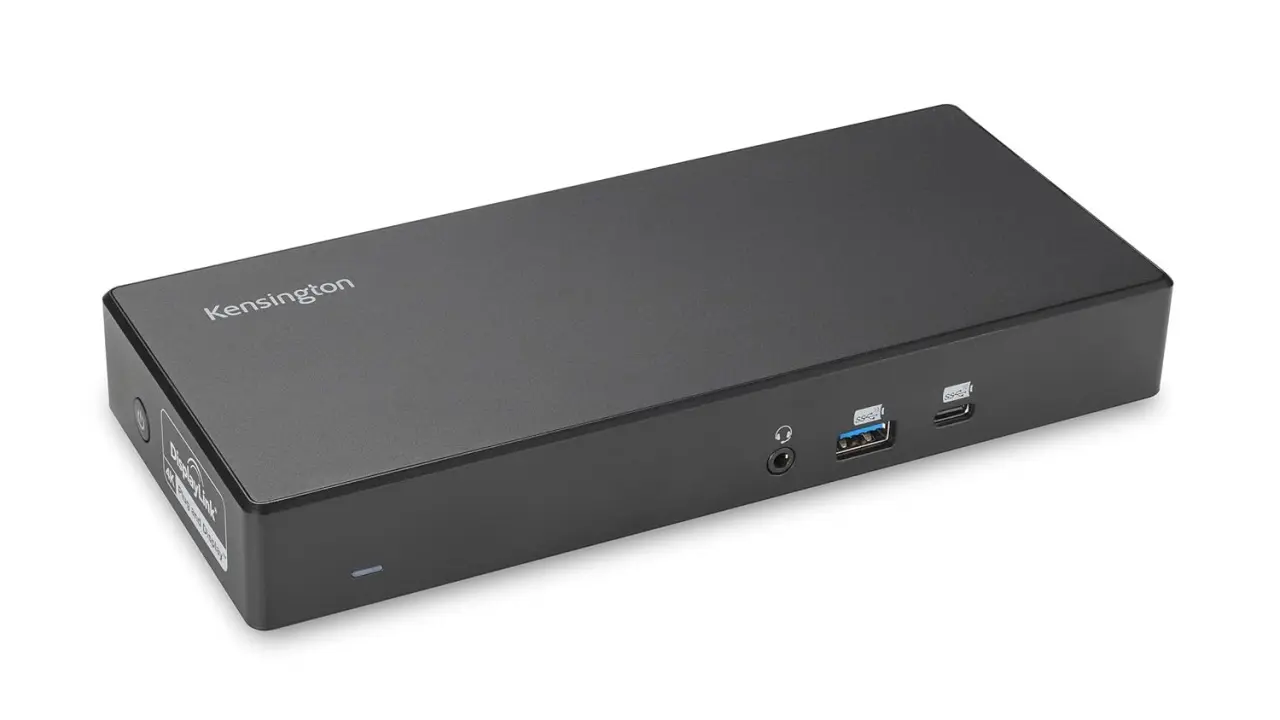
The developers of large satellite constellations are facing significant challenges in achieving brightness goals set by astronomers. These targets aim to reduce the impact of satellite light pollution on astronomical observations. The situation has raised concerns within the scientific community, as the proliferation of satellites continues to increase.
Many satellite operators, including notable companies such as SpaceX and OneWeb, have acknowledged the difficulties in meeting these requirements. According to the National Oceanic and Atmospheric Administration (NOAA) and the European Space Agency (ESA), current designs may not be able to sufficiently limit brightness, which could hinder efforts to monitor celestial phenomena effectively.
In a recent statement, developers indicated that the technological constraints and design limitations have made it increasingly evident that full compliance may be unattainable. For instance, the reflective surfaces of satellites can interfere with ground-based telescopes, making it challenging to conduct observations without disruption.
Astronomers have long voiced their concerns regarding satellite brightness. They argue that the growing number of satellites in low Earth orbit could obstruct their view of the night sky, impacting research and discoveries. The scientific community is advocating for improved coordination between satellite operators and astronomers to mitigate these effects.
As of 2023, the launch of thousands of additional satellites is anticipated, further complicating the situation. The ongoing discussions aim to find a balance that allows for the advancement of satellite technology while preserving the integrity of astronomical research.
The dialogue between satellite developers and astronomers is crucial. Collaborative efforts may lead to innovative solutions that can help achieve brightness reduction without compromising the functionality of satellite systems. As the industry evolves, stakeholders remain hopeful that practical measures will emerge to address these pressing concerns.






